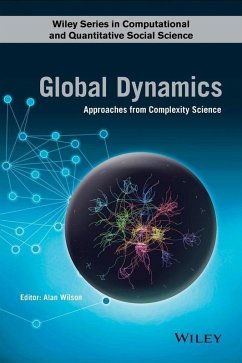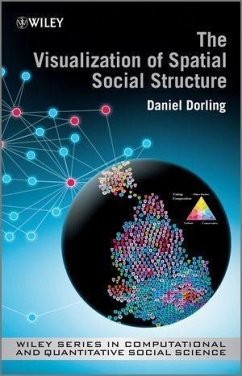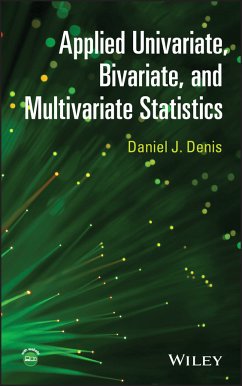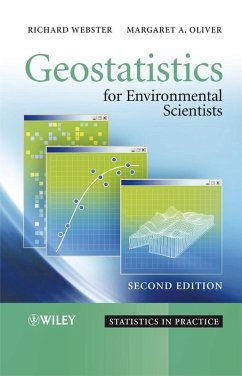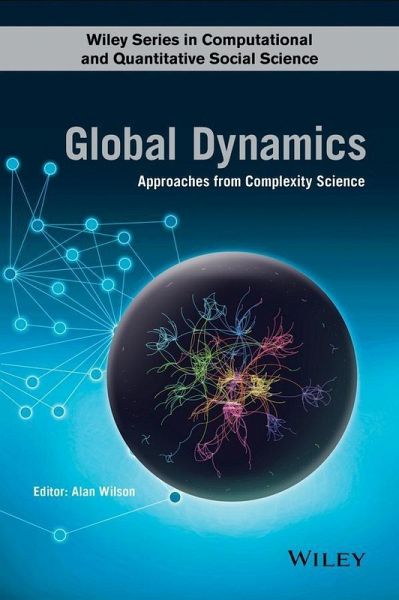
Global Dynamics (eBook, PDF)
Approaches from Complexity Science
Redaktion: Wilson, Alan G.
Versandkostenfrei!
Sofort per Download lieferbar
70,99 €
inkl. MwSt.
Weitere Ausgaben:

PAYBACK Punkte
0 °P sammeln!
A world model: economies, trade, migration, security and development aid. This bookprovides the analytical capability to understand and explore the dynamics of globalisation. It is anchored in economic input-output models of over 200 countries and their relationships through trade, migration, security and development aid. The tools of complexity science are brought to bear and mathematical and computer models are developed both for the elements and for an integrated whole. Models are developed at a variety of scales ranging from the global and international trade through a European model of in...
A world model: economies, trade, migration, security and development aid. This bookprovides the analytical capability to understand and explore the dynamics of globalisation. It is anchored in economic input-output models of over 200 countries and their relationships through trade, migration, security and development aid. The tools of complexity science are brought to bear and mathematical and computer models are developed both for the elements and for an integrated whole. Models are developed at a variety of scales ranging from the global and international trade through a European model of inter-sub-regional migration to piracy in the Gulf and the London riots of 2011. The models embrace the changing technology of international shipping, the impacts of migration on economic development along with changing patterns of military expenditure and development aid. A unique contribution is the level of spatial disaggregation which presents each of 200+ countries and their mutual interdependencies - along with some finer scale analyses of cities and regions. This is the first global model which offers this depth of detail with fully work-out models, these provide tools for policy making at national, European and global scales. Global dynamics: * Presents in depth models of global dynamics. * Provides a world economic model of 200+ countries and their interactions through trade, migration, security and development aid. * Provides pointers to the deployment of analytical capability through modelling in policy development. * Features a variety of models that constitute a formidable toolkit for analysis and policy development. * Offers a demonstration of the practicalities of complexity science concepts. This book is for practitioners and policy analysts as well as those interested in mathematical model building and complexity science as well as advanced undergraduate and postgraduate level students.
Dieser Download kann aus rechtlichen Gründen nur mit Rechnungsadresse in D ausgeliefert werden.




